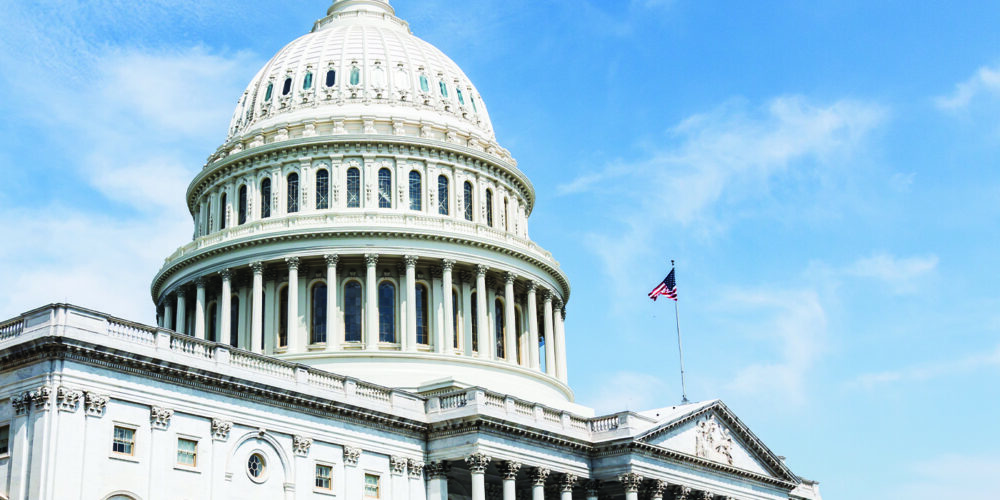From BodyShop Business
The CAR Coalition announced that federal lawmakers are signaling unprecedented support for protecting consumers’ right to repair their cars.
As part of the newly unveiled $1.7 trillion government funding package for FY2023, bill language directs the Federal Trade Commission (FTC) to “prioritize investigations and enforcement efforts that protect consumers from unfair acts limiting competition, specifically stemming from [car] manufacturers’ control over telematics systems.”
The CAR Coalition says the move lays promising groundwork for congressional action on automotive right to repair in the coming year.
Currently, two bipartisan bills to curb what the CAR Coalition terms automakers’ “anticompetitive behavior” sit before federal lawmakers: the Save Money on Auto Repair Transportation (SMART) Act, which would increase access to aftermarket auto parts, and the Right to Equitable and Professional Auto Industry Repair (REPAIR) Act, which would expand vehicle data access.
Since its 2021 “Nixing the Fix” report to Congress, the CAR Coalition says the FTC has taken consistent action to protect consumers’ right to repair the products they purchase. Most recently, the FTC reaffirmed its commitment to enforcing federal law banning “unfair methods of competition,” like patent abuse and data limitations.
“Sustained support for federal action on automotive right to repair — from collision repair professionals, policymakers, academics, thought leaders, voters and others — remains strong heading into 2023,” said the CAR Coalition.
For more information on the CAR Coalition, visit carcoalition.com.











